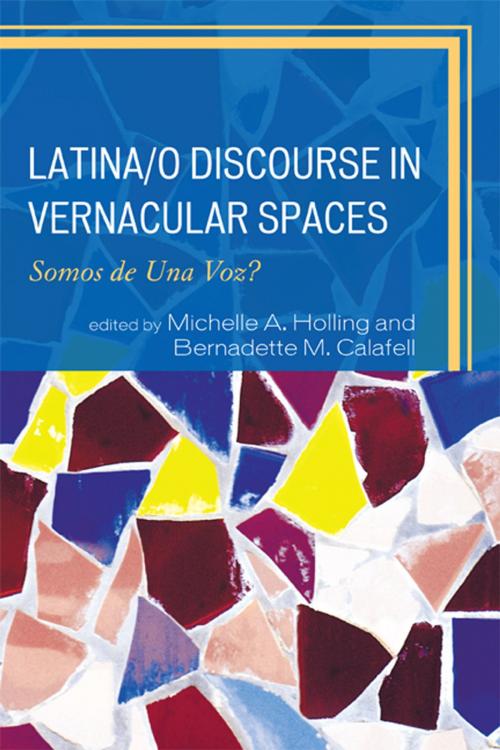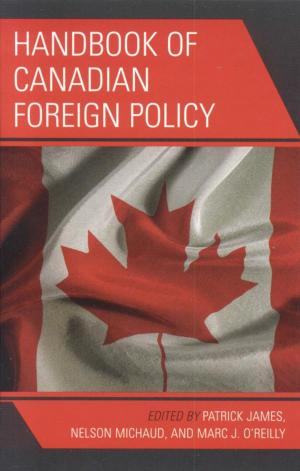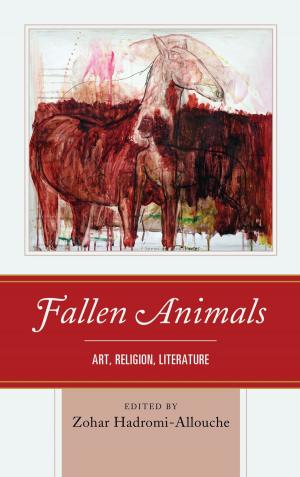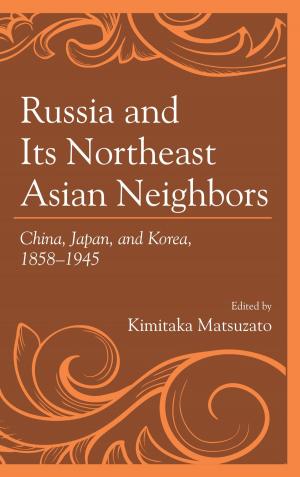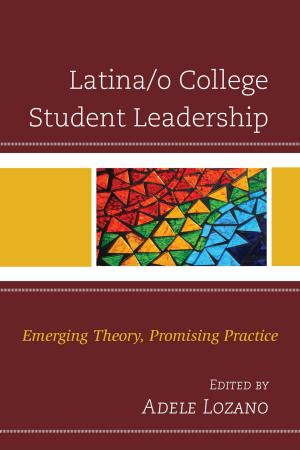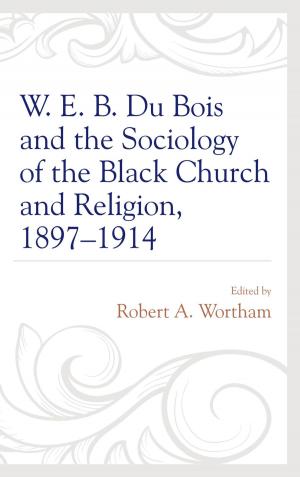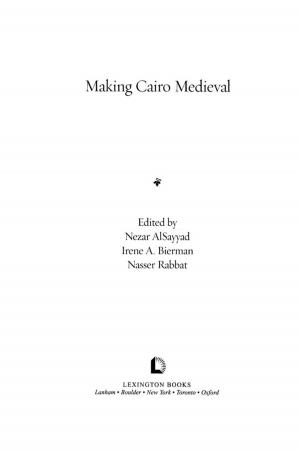Latina/o Discourse in Vernacular Spaces
Somos de Una Voz?
Nonfiction, Social & Cultural Studies, Social Science, Cultural Studies, Minority Studies, Ethnic Studies| Author: | Claudia Anguiano, Roberto Avant-Mier, Lisa B. Y. Calvente, Karma R. Chávez, Nathaniel I. Córdova, Darrel Enck-Wanzer, Teresita Garza, Alberto González, Kent A. Ono, Richard D. Pineda, Stacey Sowards, Christopher Joseph Westgate, T.M Linda Scholz, John M.Sloop | ISBN: | 9780739146507 |
| Publisher: | Lexington Books | Publication: | February 22, 2011 |
| Imprint: | Lexington Books | Language: | English |
| Author: | Claudia Anguiano, Roberto Avant-Mier, Lisa B. Y. Calvente, Karma R. Chávez, Nathaniel I. Córdova, Darrel Enck-Wanzer, Teresita Garza, Alberto González, Kent A. Ono, Richard D. Pineda, Stacey Sowards, Christopher Joseph Westgate, T.M Linda Scholz, John M.Sloop |
| ISBN: | 9780739146507 |
| Publisher: | Lexington Books |
| Publication: | February 22, 2011 |
| Imprint: | Lexington Books |
| Language: | English |
Taking up the charge to study discourses of marginalized groups, while simultaneously extending scholarship about Latina/os in the field of Communication, Latina/o Discourse in Vernacular Spaces: Somos de Una Voz? provides the most current work examining the vernacular voices of Latina/os. The editors of this diverse collection structure the book along four topics_Locating Foundations, Citizenship and Belonging, The Politics of Self-Representation, and Trans/National Voces_that are guided by the organizing principle of voz/voces [voice/voces]. Voz/voces resonates not only in intellectual endeavors but also in public arenas in which perceptions of Latina/os' being of one voice circulate. The study of voz/voces proceeds from a variety of sites including cultural myth, social movement, music, testimonios, a website, and autoethnographic performance. By questioning and addressing the politics of voz/voces, the essays collectively underscore the complexity that shapes Latina/o multivocality. Ultimately, the contours of Latina/o vernacular expressions call attention to the ways that these unique communities continue to craft identities that transform social understandings of who Latina/os are, to engage in forms of resistance that alter relations of power, and to challenge self- and dominant representations.
Taking up the charge to study discourses of marginalized groups, while simultaneously extending scholarship about Latina/os in the field of Communication, Latina/o Discourse in Vernacular Spaces: Somos de Una Voz? provides the most current work examining the vernacular voices of Latina/os. The editors of this diverse collection structure the book along four topics_Locating Foundations, Citizenship and Belonging, The Politics of Self-Representation, and Trans/National Voces_that are guided by the organizing principle of voz/voces [voice/voces]. Voz/voces resonates not only in intellectual endeavors but also in public arenas in which perceptions of Latina/os' being of one voice circulate. The study of voz/voces proceeds from a variety of sites including cultural myth, social movement, music, testimonios, a website, and autoethnographic performance. By questioning and addressing the politics of voz/voces, the essays collectively underscore the complexity that shapes Latina/o multivocality. Ultimately, the contours of Latina/o vernacular expressions call attention to the ways that these unique communities continue to craft identities that transform social understandings of who Latina/os are, to engage in forms of resistance that alter relations of power, and to challenge self- and dominant representations.
